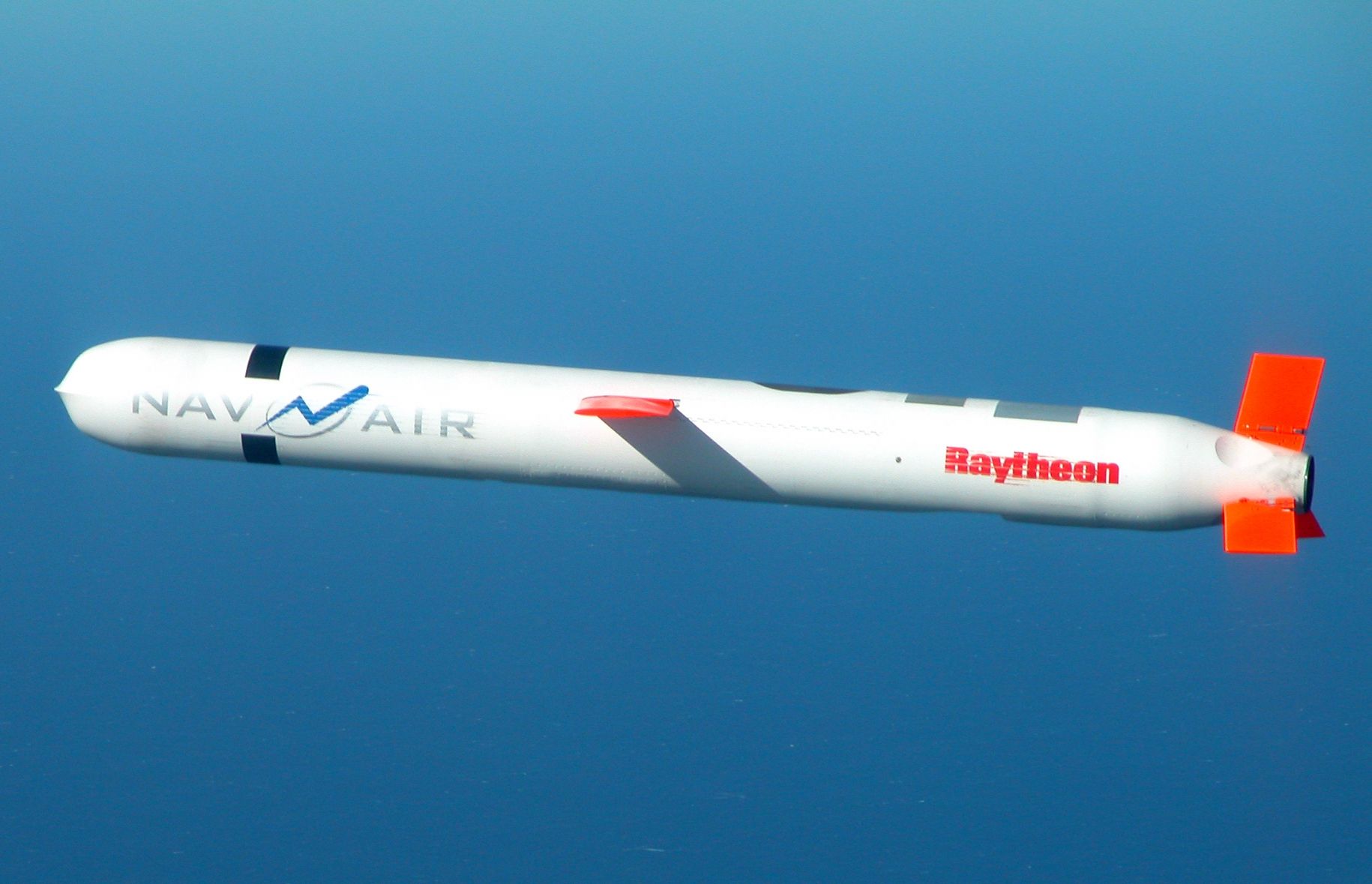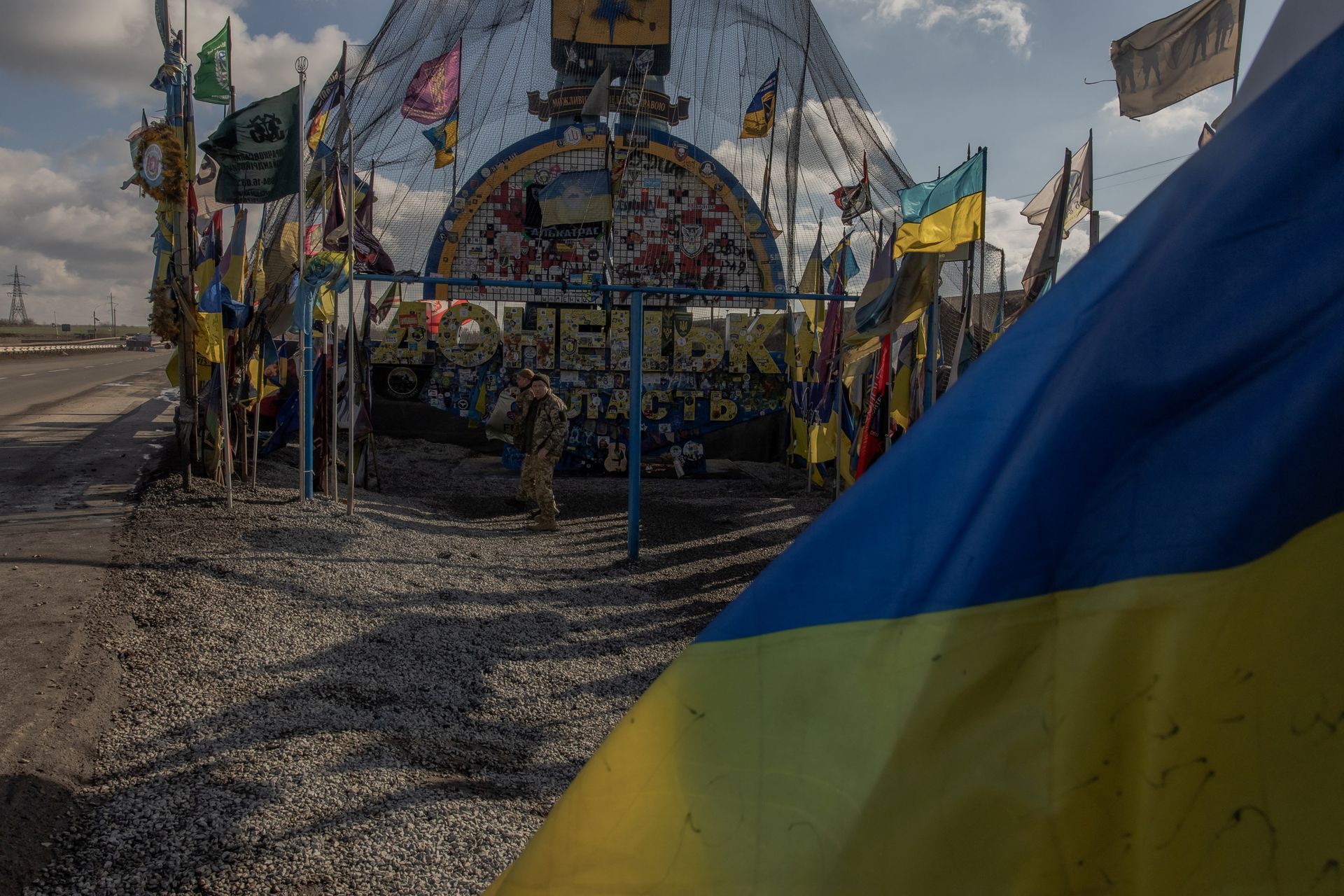Editorial: Europe, it’s time to finally be brave. Start with Russian assets

U.S. President Donald Trump and European Commission President Ursula von der Leyen in Turnberry, Scotland, on July 27, 2025. (Brendan Smialowski / AFP via Getty Images)
A few weeks ago, U.S. Special Envoy Keith Kellogg gently berated Europe for not standing on its own two feet on the global stage and in confrontation with Russia.
"I don't think the Europeans know how good they are, you're really good at what you do, and you don't need the United States with you in an alliance, you can handle things on your own," he told the Warsaw Security Conference.
"It's like when my kids were ready to ride bicycles, they started with training wheels — you don't need any training wheels, you're pretty good at handling things on your own now."
The patronizing tone was well-deserved — even before U.S. President Donald Trump's latest pendulum swing back towards Russia over the weekend, Europe's theater of the "peace process" for ending Russia’s war in Ukraine has descended into a traveling festival of delusion.
Talk of pressuring Russia for an unconditional ceasefire is a distant memory, and months of European wooing of Trump have yielded exactly nothing.
Just a week ago, hopes of Tomahawks for Ukraine and real Western pressure on Russia seemed tangible, only to be derailed entirely by one phone call from Russian President Vladimir Putin to the White House.
When Trump — over two months after Alaska and the following meeting in Washington — ends up pushing Kyiv to accept Russia’s terms anyway, how does the picture of European leaders gathered in the White House to lick his boots and vaguely ponder "security guarantees" look in hindsight?
Moscow won't mind one bit — the Kremlin has once again been let off the hook and is free to resume deadly mass strikes on Ukrainian cities and continue pushing forward on the front line, all while pursuing its maximalist goals, centered around the "root cause" of a strong, independent Ukraine existing in the first place.
What then is the Coalition of the Willing — set up as it was in spring, exactly in response to a looming abandonment of Ukraine by Trump after the Oval Office confrontation — willing to do?
After months of coordinated effort to push Trump towards pressuring Russia led to nothing more than a literal rolling out of the red carpet for a fascist war criminal on U.S. soil, a new plan needs to be made.
The road to achieving a robust peace and the road to ensuring Ukraine’s (and Europe’s) security in the future are the same road.
Instead of a constant parade of statements, the Coalition of the Willing should really be willing to do what is really needed: to end the war by decisively breaking Russia’s conviction that it can break Ukraine and get away with it.
Nobody is asking European countries to send their troops right into battle. But there are still plenty of ways to show strength and intent to Putin.
First and foremost, Europe must take the opportunity this Thursday to loan Ukraine 140 billion euros using frozen Russian assets, a move that could help fund Kyiv for 2-3 years, and help resist and possibly even push back Russia's full-scale invasion.
But most importantly, it will demonstrate that Europe no longer needs those training wheels and is finally waking up to the fact that this is Europe's future at stake, and perhaps the people taking the steps necessary to preserve it should be… Europe.

But this would only be the first step in overturning the chronic delusion that has infested European capitals since Trump took office.
The Coalition of the Willing is still only speaking of taking action in the event of a ceasefire.
What is needed is a direct European military presence in Ukraine, with or without a ceasefire.
This means something like the SkyShield initiative; taking over the defense of the skies above western and central Ukraine with a combination of NATO fighter sorties, with the option of integrating batteries of surface-to-air missiles on the ground.
This means bringing European troops into Ukrainian territory to train — and learn from — their Ukrainian counterparts, streamlining the disjointed training process and improving both parties’ readiness.
This means making serious plans to deploy brigade or at least battalion-level forces (from the few European militaries that have the capacity, like France or Poland) into western or central Ukraine.
If that still sounds too scary to seriously consider, if Putin’s comments about any Western presence in Ukraine being a military target awakens visions of World War III, we understand, it’s hard.
But let’s consider the alternative.
Ukraine falls, and the world order where conquering other sovereign states was seen as unacceptable and the consequences unfathomable, falls with it.
Meanwhile, Russia has an economy juiced up on war spending, and a population molded and militarized for a larger confrontation with the West.
It has a military armed to the teeth with the equipment and knowledge for industrial-scale, drone-saturated warfare, while NATO armies are still learning their way around how a first-person view drone works.
In this scenario, Russia bears down on a divided, fearful Europe. It's already probing, sending drones deep inside Poland last month.
In a time when U.S. commitment to NATO’s Article 5 is more in question than ever, is Europe ready to respond when those drones can't be passed off as a one-off?
These are catastrophic visions for the future of the continent, and one that could come sooner rather than later if more isn’t done.


Ukraine’s front line holding is not a magical equation of money and aid, it is held by people, exhausted human beings whose inner strength doesn’t run according to long-term aid timelines.
If the military begins to buckle — very early warning signs of which we unfortunately saw in August near Dobropillia in the east — this would be the strongest card Russia could possibly hold, and any meager worth that the “security guarantees” Europeans are busy discussing now will disappear for good.
Is that what needs to happen before Europe considers braver action?
Sometimes it even feels like our military is doing Ukraine a disservice by holding the line so heroically, allowing Europe to continue to waste time deluding itself about guaranteeing security rather than making Russia stop.
The road to achieving a robust peace and the road to ensuring Ukraine’s (and Europe’s) security in the future are the same road.
That road is paved with brave action. But to even start on that path, the delusional messaging, the endless patting of oneself on the back, has to stop first.
The defense of Ukraine is the defense of Europe — European leaders have said so many times. It’s time they started acting like it.












